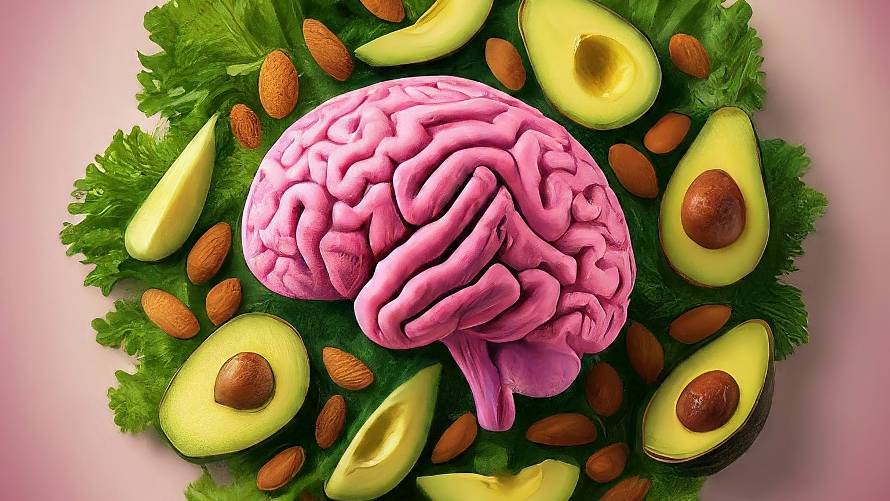In a pilot study, researchers from Stanford Medicine have discovered that a ketogenic diet can not only improve metabolic health in patients with serious mental illnesses like schizophrenia or bipolar disorder but also alleviate their psychiatric symptoms. The findings, published in Psychiatry Research, offer hope for a new approach to treating mental illness alongside standard antipsychotic medications.
Antipsychotic medications, while effective in regulating brain chemistry, often come with distressing metabolic side effects such as insulin resistance and obesity. These side effects can be so severe that many patients discontinue their treatment. However, the study led by Dr. Shebani Sethi, associate professor of psychiatry and behavioral sciences at Stanford, suggests that a dietary intervention could be a powerful tool in managing both the metabolic and psychiatric aspects of these illnesses.
“It’s very promising and very encouraging that you can take back control of your illness in some way, aside from the usual standard of care,” said Dr. Sethi, who coined the term “metabolic psychiatry” to describe this new field that approaches mental health from an energy conversion perspective.
The four-month pilot trial followed 21 adult participants diagnosed with schizophrenia or bipolar disorder, taking antipsychotic medications, and experiencing metabolic abnormalities. The participants were instructed to follow a ketogenic diet, consisting of approximately 10% carbohydrates, 30% protein, and 60% fat, focusing on whole, non-processed foods. By the end of the trial, 14 patients had fully adhered to the diet, with only one being non-adherent.
The results were striking. At the start of the trial, 29% of the participants met the criteria for metabolic syndrome. After four months on the ketogenic diet, none of them had metabolic syndrome. On average, participants lost 10% of their body weight, reduced their waist circumference by 11%, and experienced improvements in blood pressure, body mass index, triglycerides, blood sugar levels, and insulin resistance.
“We’re seeing huge changes,” Dr. Sethi remarked. “Even if you’re on antipsychotic drugs, we can still reverse the obesity, the metabolic syndrome, the insulin resistance. I think that’s very encouraging for patients.”
The psychiatric benefits were equally impressive. Participants showed an average improvement of 31% on the clinical global impressions scale, a psychiatrist rating of mental illness, with three-quarters of the group experiencing clinically meaningful improvement. They also reported better sleep, greater life satisfaction, and improved energy, mood, and quality of life.
Dr. Sethi and her team hypothesize that the ketogenic diet improves both the body’s and the brain’s metabolism, providing ketones as an alternative fuel source for a brain with energy dysfunction. While multiple mechanisms may be at work, the pilot study’s purpose is to guide the design of larger, more robust studies in the future.
As the founder and director of the metabolic psychiatry clinic at Stanford Medicine, Dr. Sethi is committed to helping patients who suffer from both serious mental illness and obesity or metabolic syndrome. “Many of my patients suffer from both illnesses, so my desire was to see if metabolic interventions could help them,” she said. “They are seeking more help. They are looking to just feel better.”
If our reporting has informed or inspired you, please consider making a donation. Every contribution, no matter the size, empowers us to continue delivering accurate, engaging, and trustworthy science and medical news. Independent journalism requires time, effort, and resources—your support ensures we can keep uncovering the stories that matter most to you.
Join us in making knowledge accessible and impactful. Thank you for standing with us!

